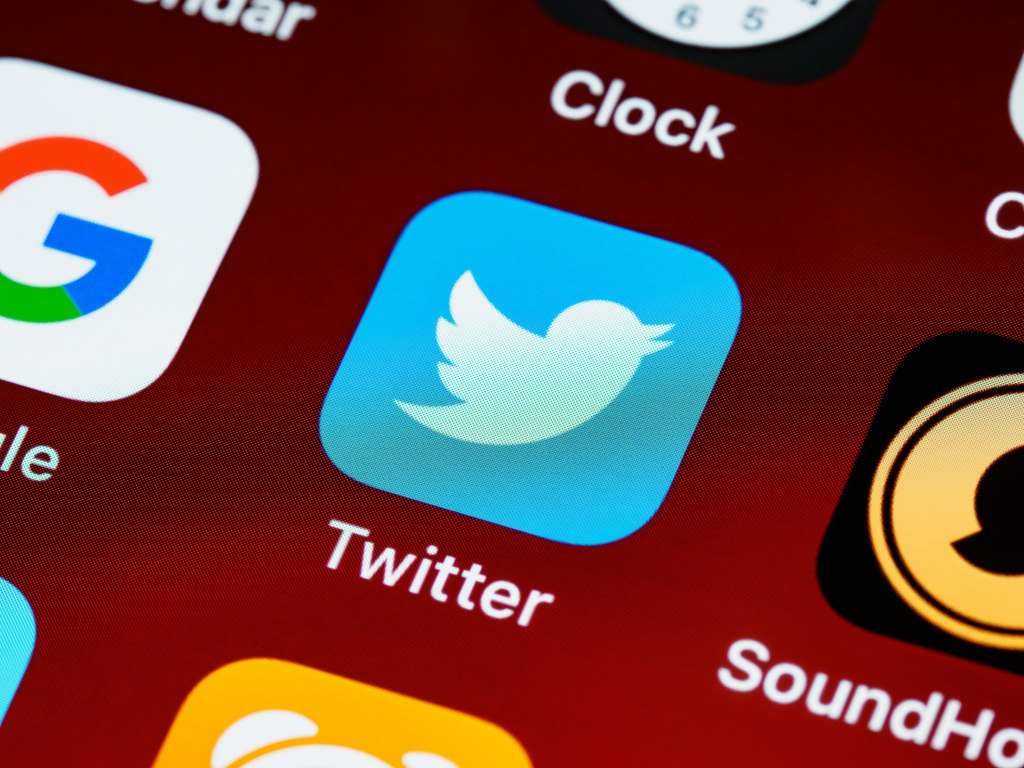What Twitter Can Tell Us About Our Societal Identity in 2020
Reviewing the Year’s Most Popular Hashtags Reveals Our Collective Passions and Interests

In the past, little details about a person were used to help categorize and define that person’s personality. The organization of a person’s office and the bumper sticker on a person’s car might offer a snapshot of how they live and what they care about.
Nowadays, perhaps the best way to get to know an individual is to look at his or her Twitter, Facebook, or Instagram account. Looking at the accounts they follow, the memes they retweet and even the hashtags they use can clarify their passions and opinions on important issues. Interestingly, the same logic can be extended from a single person to an entire society. In fact, looking at trending Twitter activity and hashtags across the world is perhaps one of the best ways to understand our cultural personality at the current moment.
As a fun way to test out this method, we can look at the trending hashtags from the past year and try to understand how they capture our national “personality” at the current moment. To do so, we can use the recent report from Teneo that highlighted an entire 365 days worth of trending Twitter hashtags. Let’s see what we can learn!
We Have Very Diverse Interests
Stalking a friend’s Twitter hashtags would likely yield a collection of posts with similar themes. However, looking at the most popular hashtags from throughout the year, we can see just how wide Twitter users interests are.
In a single week, the most popular Twitter hashtags ranged from #PGAChamps, referencing the PGA golf competition to #BidenHarris2020, following the announcement of Kamala Harris as President Joe Biden’s vice presidential pick, to #AvatarTheLastAirbender, referencing a cartoon series. This wide range of trending Twitter topics shows there is considerable level of interest in diverse subjects.
In case anyone thought that we all were living parallel lives during the pandemic, this Twitter evidence shows that variety persisted!
COVID-19 Dominated Our Discussions
It’s no secret that as far as the history books are concerned, 2020 will be synonymous with the COVID-19 pandemic. However, in discussions of nationwide positivity rates and vaccination data, personal experiences around COVID-19 can be lost. In terms of capturing the general public’s discourse around COVID-19, Twitter hashtags may be the best point of reference.
For instance, hashtags like #WearAMask were the most popular daily hashtags many times, reflecting how individuals and not just government agencies were joining in on the effort to mitigate the spread of the coronavirus. Similarly, hashtags like #NewFootballTraditions capture the extent to which social distancing impacted the lives and traditions of Americans every day.
Interestingly, tools like Twitter allowed individuals to connect with healthcare organizations to share their personal stories to healthcare agencies. As stories were shared with hashtags, unanswered questions came to the surface. Ultimately, a more communal approach to healthcare became evident even on Twitter.
Trends in Political Discourse
As previously stated, looking at an individual’s tweets is an easy way to monitor his or her political engagement, or, lack thereof. Applying the same strategy to Twitter as a whole shows just how relevant political discussion is in our daily lives.
Of the Top 20 Twitter hashtags of 2020, six focused on politics or social issues. The most popular hashtag, #BlackLivesMatter was a part of 8.2 million tweets in one day alone. This trend in political hashtags is indicative of the increased political engagement of younger generations like Millennials and Gen Z, as has been reported by the Pew Research Lab.
Altogether, looking back at the year’s trending hashtags shows a period where our society was political, public health-focused and diverse in its interests and passions. However, just as personalities change, so will our collective interests. As time goes on, it will be interesting to watch Twitter and other cultural measurements to see how our cultural identity evolves.





Comments
There are no comments for this story
Be the first to respond and start the conversation.